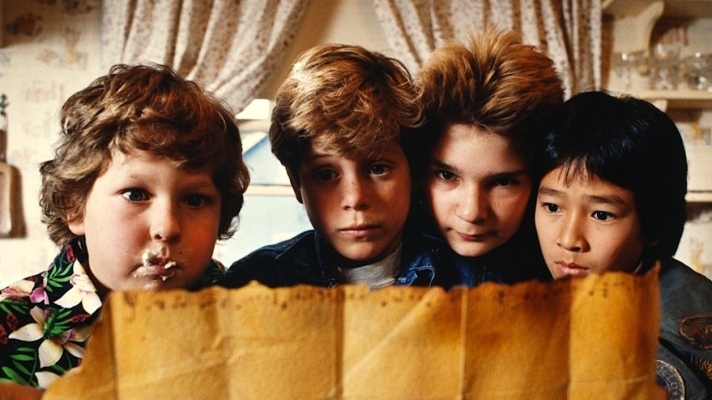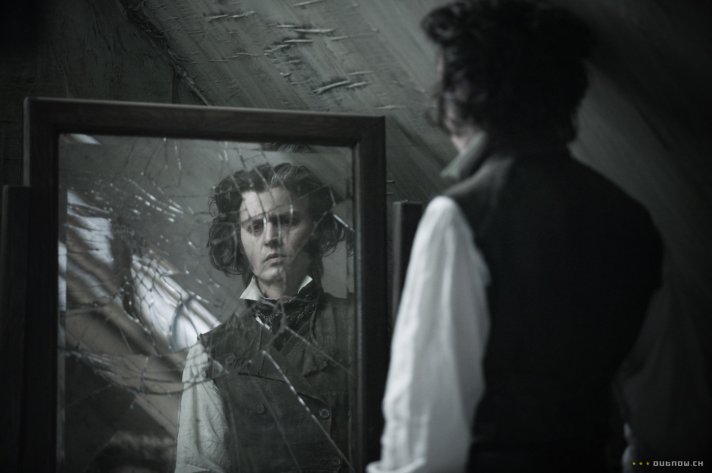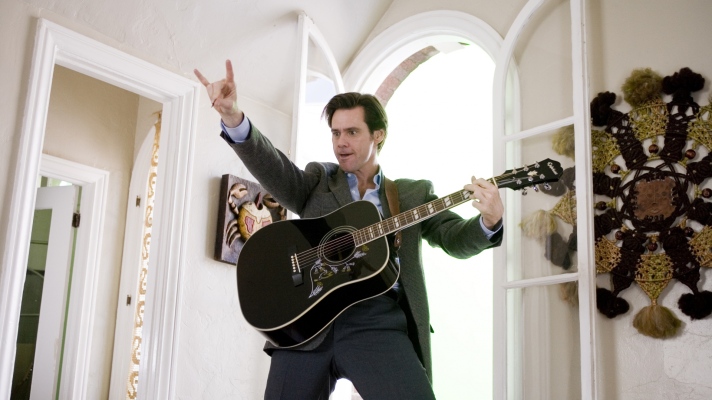Written by Keaton Evans.
I wanted to know how to really act truthfully. I turned to books and YouTube and teachers to find out how I could best do this. Then I came across Plato. The guy usually confused with a child’s play putty, I found this 5th century B.C. philosopher had much to say about acting and life and the root of all things. I read his book, Republic, a few months ago and it was incredible to see Plato struggling with such abstract concepts.
A lot of what Plato was wrestling with relates directly to acting.
His ideas and concepts had profound implications for artists, his ideas affected the very way an artist approaches life and art. I could also see how those ideas affected me personally as an artist. Plato himself was a poet before meeting Socrates and became a philosopher.
These are some of the things Plato taught me about acting.
Discover the Truth

Plato’s quest, like most other philosophers, was to know truth. This struck a chord with me as an actor because, like Meisner famously put it, acting is “living truthfully under imaginary circumstances”. Acting is defined by living truthfully.
Ok, fair enough. But “what exactly is truth?”
It’s important to know truth in order to live truthfully. For how can I live something I don’t know? Plato talked about the importance of knowing truth when discussing his theory about the forms in Republic. The forms represent the idea that Plato used to describe the most accurate, non-physical reality.
To better explain Plato’s forms, consider this example. Imagine you’re facing a wall and that a fire is behind you. All you can see is the wall in front of you. Now someone behind you holds up a key in front of the fire, casting the shadow of the key onto the wall. What you observe is the shadow of a key, not the key itself. Thus what we observe is merely a shadow, if you will, of a perfect form.
The same idea can be applied to a character in a script. What we imagine or observe on the outside doesn’t always show what’s going on inside the character.
To find that and present that you must create a truthful inner life for your character and not just outward gestures and mannerisms. The forms helped me to always strive for more depth in my performance. Without the truthful inner life the character will seem flat, or purely surface.
To me, philosophy and art go hand in hand. The one is the discovery of truth, the other is the spreading and expression of the truth you find. Plato showed me the importance of seeking truth as an actor.
One thing you can do is to know the inner life of your character, look for the depth and truth of their past and their relationships within the context of the play or script.
“Strange times are these in which we live when old and young are taught falsehoods in school. And the person that dares to tell the truth is called at once a lunatic and fool.” -Plato
Face yourself

The second idea I took away from Plato’s teaching is the idea of self-discipline. There’s a quote by him that captures this idea perfectly: “For a man to conquer himself is the first and noblest of all victories.”
The take-away here is the first thing you have to conquer, before you consider the audition or industry or anything else, is simply yourself.
If you can’t push past your fears and insecurities then they will continue to affect you until you finally decide to face them.
It’s more important than acting technique or auditioning or stamina or anything else. Plato knew the importance of facing oneself because he recognised just how vital it is if you want to accomplish large-scale dreams.
An example of this, is when I realised I lacked confidence in my life and I was quite insecure. Well sure enough I could see it was affecting my acting, so I thought about what I could do to become more confident in life and be more secure in my identity (strategy is one of my top-five strengths, whoop whoop!) Anyway, I did work through my insecurities and what I could do in my acting improved noticeably. Facing myself was the greatest first step I could have made as an artist, and I only wish I did it sooner.
What you can do is find out what insecurities you struggle with and face them. You have what it takes to be an actor. Be bold and find the fun in the art! Don’t worry about what others think about you, who cares what they think? Speaking of which…
Don’t take acting too seriously

If you’ve ever read Plato’s Republic then you know how it ends… about the same as how it started.
His logic makes this large loop where you end up scratching your head wondering whether you really did learn something or that you were simply told what you already knew. But therein lies the wonder of it all. The more you learn, the more you learn there’s more to learn. As Plato’s tutor Socrates once put it, “I know one thing: that I know nothing”.
What I was able to take away from this idea and my limited amount of experience is that, simply put, “don’t sweat the small stuff”. Acting is small stuff. It seems big in the moment, I’ve felt that way many times. But when we zoom out, like Plato did, we see that in the grand scheme of things we are playing make believe.
Have fun!
Art should be fun and creative, expressive and freeing. I want to treat my acting the same exact way. What you can do is to find ways to relax and step out of your mind, don’t take yourself seriously, but find the fun in what you do.
In all of these thoughts, remember life is short and in the balance the problems you face as an actor aren’t that big. To discover truth is half the journey and fun, something much easier to do after you’ve taken on the biggest giant of all— yourself.
Who knew a guy who lived over a thousand years ago could have such impact on this single artist?
